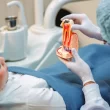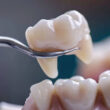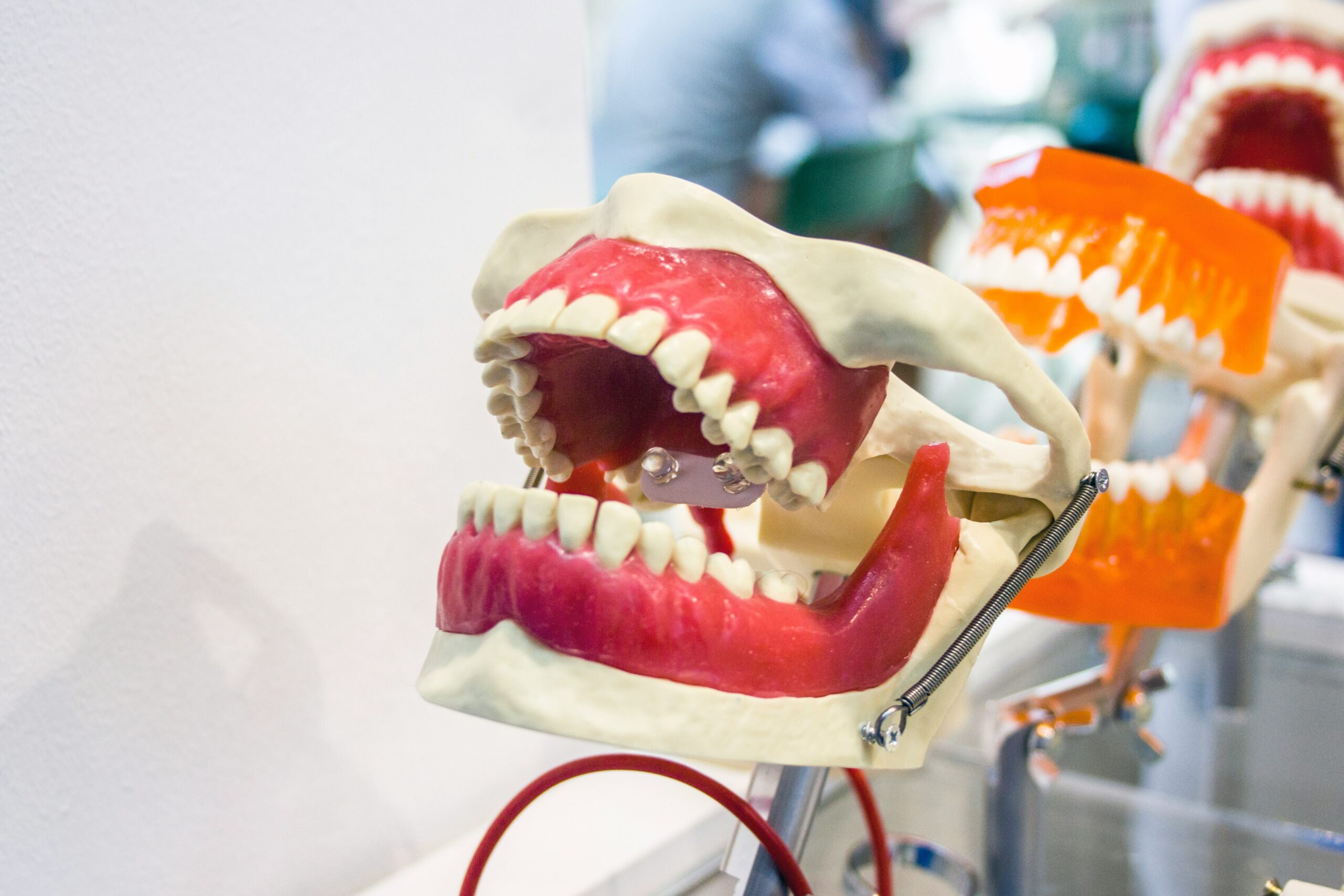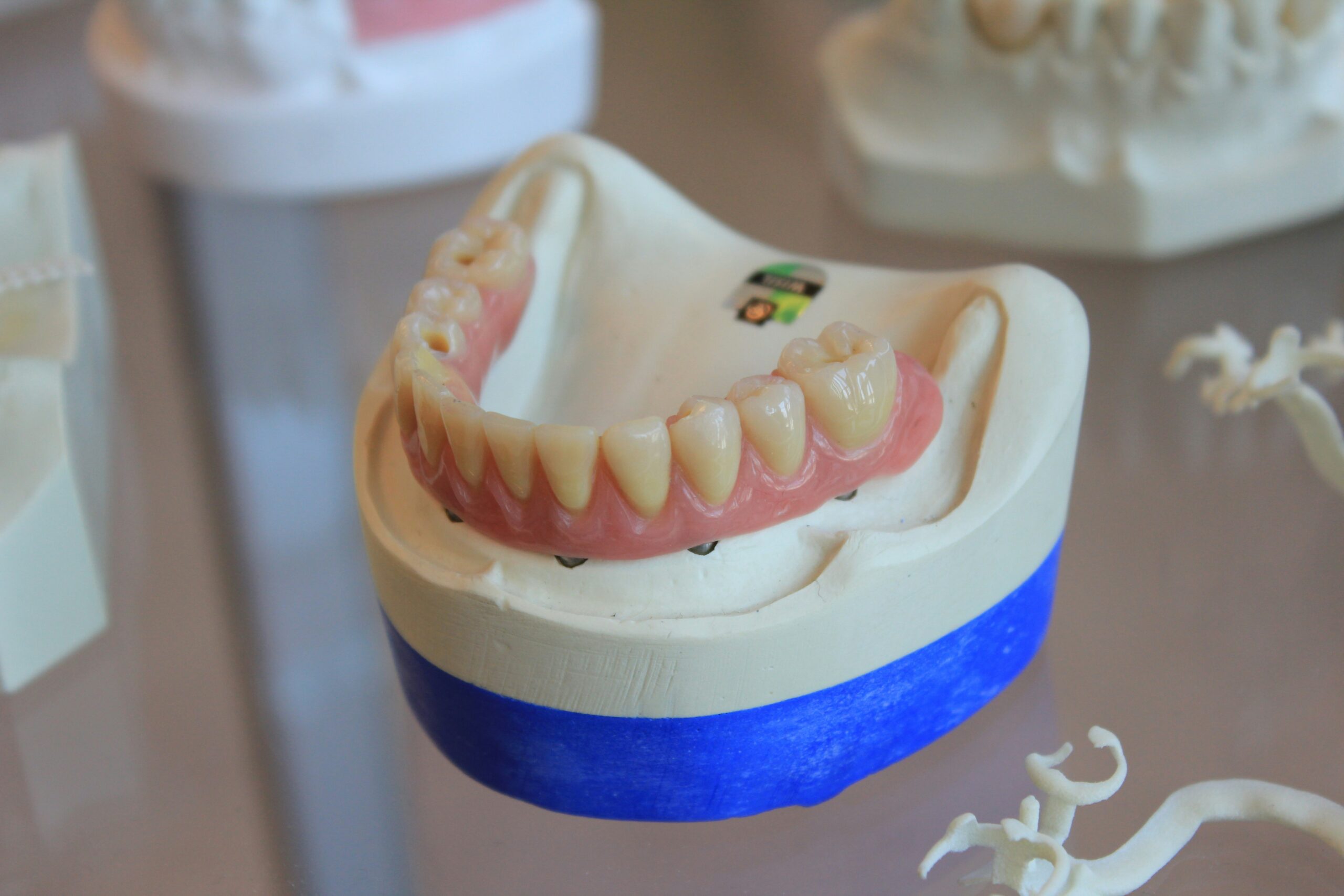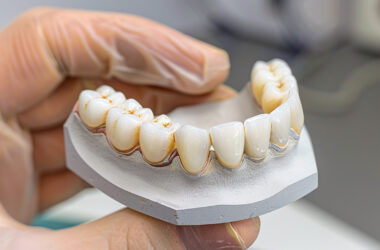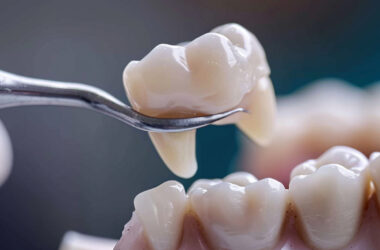Losing one or more teeth isn’t the end of the world; there are many teeth replacement options today that you can consider for effective dental care. While dental implants are a highly recommended and lasting solution for replacing lost teeth, they aren’t the only path to a wholesome and confident smile.
Meanwhile, people consider alternatives to dental implants for various reasons, such as cost, a concerning medical condition that makes implants less suitable, or an aversion to surgery. Regardless of the reason, it’s vital to know that there are excellent tooth replacement alternatives.
Here’s why we explore 5 cheap and effective alternatives to dental implants in this review. You’ll also find the benefits, considerations, and suitability of each alternative to help you make an informed choice about replacing your tooth.
Read also: How to Get Dental Implants Covered by Medical Insurance
1. Dental Bridge
A dental bridge is a fixed (non-removable) tooth replacement solution. In a conventional dental bridge, the health provider anchors a false tooth (pontic) to the adjacent natural teeth (abutment teeth), which are crowned for support.
Dental bridges come in various types, from cantilever bridges to Maryland bridges (resin-bonded bridges) and conventional bridges. Besides being cheaper than dental implants, they offer a fixed solution, providing more stability than removable dentures.
They also look natural and can readily match the appearance of natural teeth. Dental bridges also fill all gaps smoothly, allowing you to speak and chew properly. Moreover, dental bridges are less invasive than dental implants.
However, dental bridges rely on healthy adjacent teeth for support, which need to be prepped for crowns. That leaves out people without healthy abutment teeth from this alternative to dental implants. Like dentures, bridges don’t prevent bone loss in the jaw at the site of the missing tooth. While they’re generally durable, they may need replacement sooner than dental implants.
Read also: How Much Does a Dental Bridge Cost Without Insurance?
2. Dentures
Dentures are one of the most cost-effective and removable alternatives to dental implants. They are removable fixtures designed to replace either a full arch of teeth (complete dentures) or several teeth (partial dentures). They rest on the gums and are custom-made to fit into an individual’s mouth.
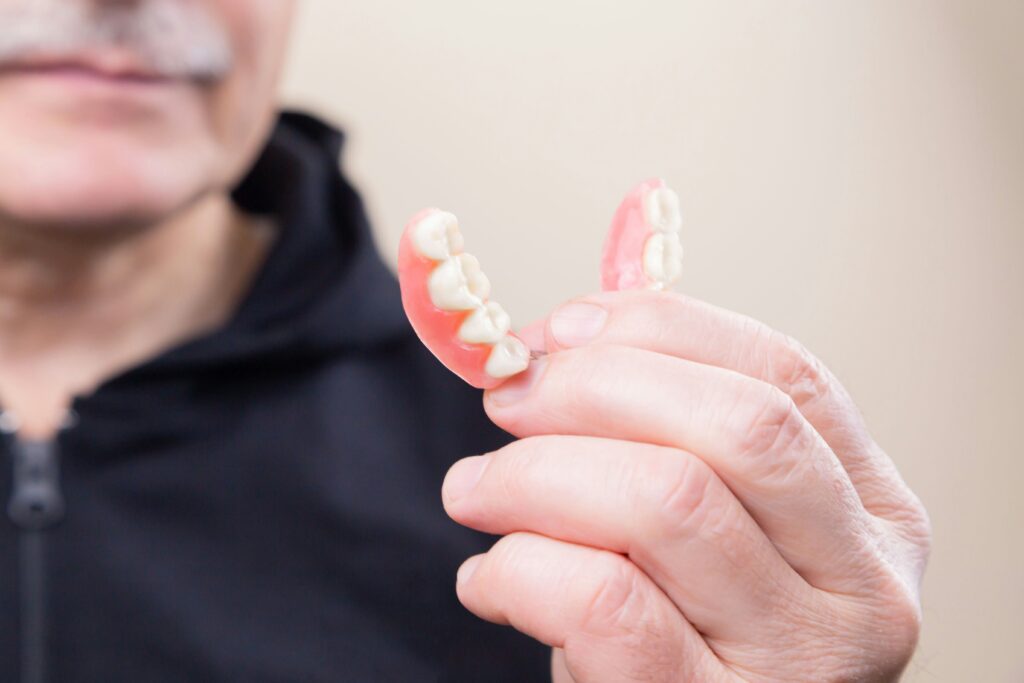
Dentures come in various forms, including complete dentures, partial dentures, and implant-supported dentures. In complete dentures, your provider replaces all teeth in either or both the upper and lower jaw. Partial dentures fill gaps beside natural teeth by securing clasps to existing teeth. While dentures can be supported by implants for increased stability, it’s worth noting that traditional dentures can suffice as standalone alternatives.
Besides being one of the most affordable teeth replacement options (compared to implants), dentures are non-invasive because they require no surgical procedures. They’re also preferable because they’re versatile and suitable for replacing multiple teeth or entire arches.
That’s not all. If you’re seeking an alternative to dental implants that supports facial implants and improves facial contours and appearances, dentures might be your best option.
Nevertheless, despite their benefits, dentures are less stable than implants, with the risk of slipping or shifting, especially in lower dentures. They may also be less comfortable, as patients sometimes experience initial discomfort or irritation.
3. Dental Flipper
Dental flippers are a class of removable partial dentures typically made of acrylic. They often serve as a temporary and instant solution for a few missing teeth, especially in the front. Dentists sometimes recommend them to patients while they await a more permanent solution, like an implant or bridge.
Also called a “flipper tooth,” a dental flipper can be fabricated and delivered swiftly, offering instant tooth replacement. They also don’t involve the preparation (altering) of adjacent teeth, contributing to their relative simplicity and affordability.
On the downside, flipper teeth are not intended for long-term usage and should be replaced with a more permanent option. Moreover, they’re not designed for heavy chewing and can be less stable and prone to breakage than other denture materials.
If you’re considering the best temporal alternative to dental implants with aesthetic benefits (particularly for front teeth), a dental flipper could be your best option. A dental flipper could serve you beautifully in the short term or while you await a more permanent tooth replacement option.
Read also: What is a Dental Flipper? Know This Before Getting One
4. Root Canal Treatment
The next alternative to dental implants is more affordable and less invasive than dental implants. Dental health professionals administer root canal treatment when treating an infected or inflamed tooth.
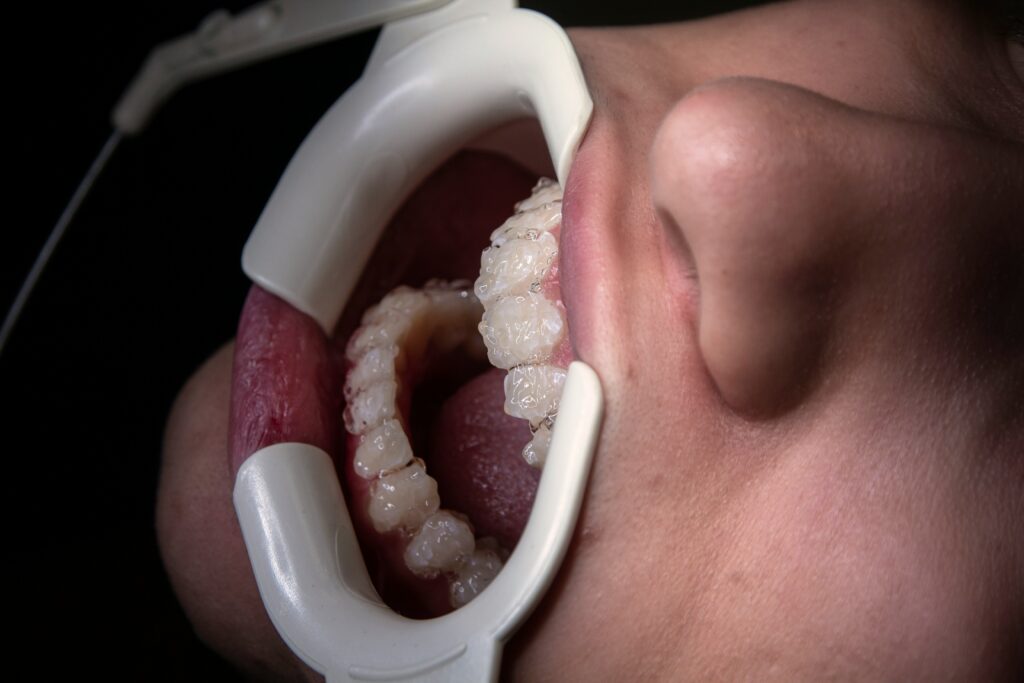
During a root canal treatment, the provider removes the infected or inflamed tissue from the inside of the tooth. Next, they disinfect and clean the tooth before filling it with a rubber-like material. Once a tooth has been treated via this procedure, you can still save its health. The teeth may require additional crowning to protect them, but they can still maintain normal function.
Like dentures and dental bridges, root canal treatment is less invasive than dental implant surgery. It is also more affordable than dental implants, which makes it more attractive to patients who are on a smaller budget. Furthermore, root canal treatment doesn’t involve tooth replacement, allowing you to keep your natural teeth and brilliant smile.
On the flip side, root canal treatments aren’t as durable as dental implants in preserving your dental health. Teeth treated with a root canal are more likely to break or chip than dental implants.
They may also need to be crowned periodically and require more maintenance than dental implants. If you’re considering a less invasive and more affordable alternative to a dental implant while retaining your natural tooth, a root canal treatment could be a viable option.
5. Gum Disease Treatment
Gum disease is a common gum infection that can lead to tooth loss. It is caused by a buildup of plaque and bacteria on the teeth and gums. If untreated, gum disease can deteriorate to damage the gums, bones, and ligaments that support the teeth.
Treating gum disease can make an effective preventive alternative to dental implants for people who aren’t yet suffering from significant tooth loss. Generally, regenerative dental care like this can save teeth from further damage.
While gum treatment may not eliminate the existing cosmetic or functional problems with your teeth, it will stop the infection from spreading throughout the body. They’re also more affordable than dental implants and can prove handy on a smaller budget or when the teeth in question aren’t front teeth.
How Long Do Alternatives to Dental Implants Last?
Generally, dental implants last longer than other alternatives, often serving as permanent tooth replacement options. Implant-supported bridges and implants have the potential to last decades with proper care.
Dentures may last 5-10 years or more with good care, while bridges typically last 5 to 15 years (traditional dental bridges tend to last longer than resin-bonded procedures). Flipper teeth and immediate dentures are short-term solutions but can be highly effective alternatives to dental implants.
Conclusion
Dentures are considered the most affordable tooth replacement option, while partial dentures are potentially more budget-friendly than dental implants. Beyond cost, choosing the best and cheapest alternatives to dental implants depends on your personal needs, budget, oral health, and personal preferences.
If you’re still in the dark about selecting among bridges, dentures, flipper teeth, root canal treatment, and gum disease treatment, consult with a dental health professional. A dentist can help you find the most suitable replacement solution to gift you a confident and healthy smile. Your provider will also provide specific care instructions for your chosen alternative.


